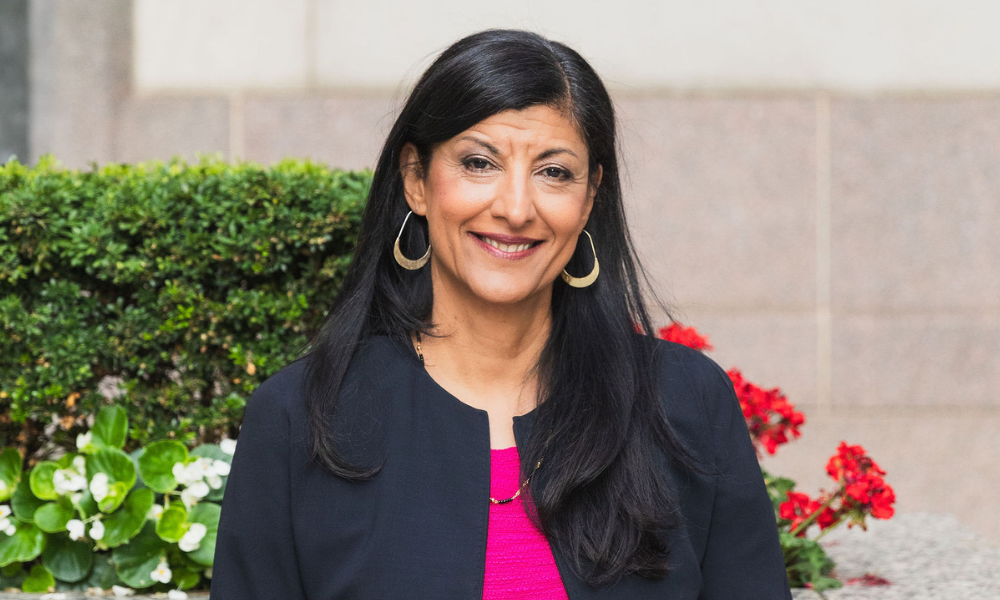
'It's really about thinking of the mindset on age as something of value instead of something that's declining,' says Zabeen Hirji

As organizations grapple with skills shortages, an aging workforce, and the impact of generative artificial intelligence (GenAI), the role of older workers is becoming increasingly critical, according to one expert.
Executive Advisor, Future of work and leadership private and public sector, and former chief Human Resources officer RBC.
By 2030, nearly a quarter of Canadians will be over 65, further intensifying the need for experienced workers, she says.
“We know that we have skill shortages and, in the case of Canada, we have a reduction in immigrating international students, which also formed part of the workforce,” she says.
So, it became “even more critical” to consider older workers as the solution to employers’ staffing problems, she says.
Looking ahead, population projections indicate that by 2035, the number of Canadians aged 55 to 64 will be about 4.5 million.
The rise of GenAI is increasing the demand for what Hirji calls "human skills" – or soft skills – including problem-solving, judgement, collaboration, creativity, communication and analytical thinking. Older workers have these to offer, she says.
"As the machines do the things that machines can do … a lot of those skills are even more important now.”
She explains that when using GenAI, workers need to apply “some of those skills to make sense of it.”
And older workers may be better at interacting with GenAI because of the skills they developed through the years, says Hirji.
“The thing about GenAI… it's very intuitive. It's about asking good questions, prompting, using good judgment and written communication. Older people are better at it, because that's the only way we communicated before. And we had to be really thoughtful about our words.”
And older workers bring strong emotional intelligence, which benefits not only their own performance but also that of younger colleagues, says Hirji.
“Not only can they apply [these skills] themselves, but they can actually help to develop that in the younger generations.”
Hirji also notes that, with remote and hybrid work now part of the norm, mentorship opportunities have dropped.
Recently, Helen Davies, senior vice president of talent at TD, spoke with HRD about self-directed mentorships.
Older workers “often love to mentor,” says Hirji.
“They like to teach. That gives them a lot of satisfaction, and they have so many experiences to draw upon. So, when you have them in your teams, that's another area where they can provide a lot of value.”
Also, because older workers have been able to build relationships throughout their lengthy careers, they have the ability to bring people together in the workplace, says Hirji. And that’s valuable to all employers.
“So much of business or any kind of work gets done when you get the right people together.”
Despite the stereotypes, many people who are aged 55 to 64 are “digitally savvy,” and the COVID-19 pandemic “really accelerated that,” says Hirji.
For employers to be able to maximize the talent that older workers can offer, Hirji says that it's important that they survey their workers and look into the workplace experience of older workers versus those of younger workers.
She also suggests that employers make an effort to change the culture that has viewed older workers negatively.
“It's really about thinking of the mindset on age as something of value instead of something that's declining.”
“Around North America, [there] is much more of a youth culture. Whereas in many cultures in Europe, in Asia, the wisdom of older people has been more valued, and so that's pushing them to move forward.”